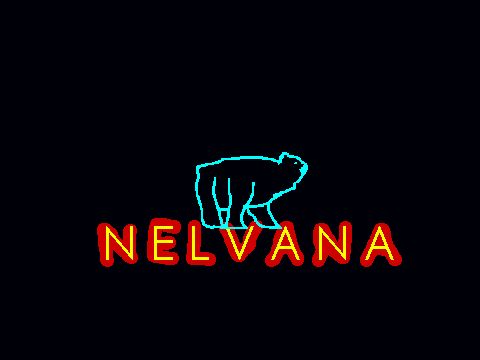
He prevailed upon these studios to merge under his leadership or else face foreclosure on their outstanding lab bills. Six surviving small companies ( Monogram Pictures, Mascot Pictures, Liberty Pictures, Majestic Pictures, Chesterfield Pictures, and Invincible Pictures) were all in debt to Yates' lab. In 1935, he thus decided to create a studio of his own to insure Consolidated's stability. In the depths of the Great Depression, Yates' laboratory was no longer serving the major studios, which had developed their own in-house laboratories for purposes of both economy and control, while the small, independent producers were going under in the face of increased competition from the majors combined with the general impact of the depressed economy. Yates, a longtime investor in film (having invested in 20th Century Pictures at its founding in 1933) and owner of the film processing laboratory Consolidated Film Industries, Republic was initially founded upon Yates' acquisition of six smaller independent Poverty Row studios. Yates, Republic was considered a mini-major film studio. It was also responsible for the financing and distribution of a few A films directed by John Ford during the 1940s and early 1950s and one Shakespeare film, Macbeth (1948), directed by Orson Welles.

Republic was also notable for developing the careers of John Wayne, Gene Autry, and Roy Rogers.

It was best known for specializing in Westerns, serials, and B films emphasizing mystery and action. It had studio facilities in Studio City and a movie ranch in Encino. Republic Pictures Corporation (currently held under Melange Pictures, LLC) was an American motion picture production-distribution corporation in operation from 1935 to 1967, that was based in Los Angeles. American movie and serial production company Republic Pictures CorporationĬeased producing feature films in 1959, and later sold and absorbed by National Telefilm Associates


 0 kommentar(er)
0 kommentar(er)
